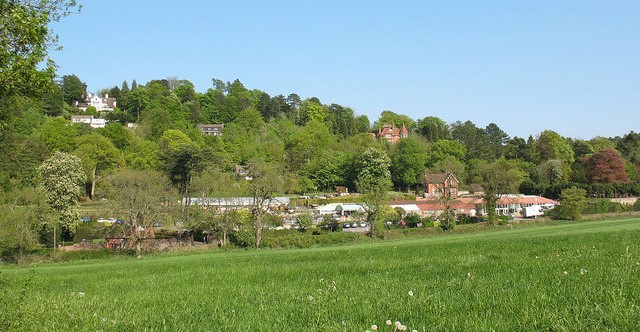Housing Minister ‘captured’ in disagreement over land value
By Kasia Banas, Consultant
In his first appearance in front of the Communities and Local Government (CLG) Committee on 5th September, Housing Minister Kit Malthouse MP made it clear he is not planning to introduce a new mechanism for capturing uplifts in land value.
Instead, Malthouse insisted the recently introduced “major reforms” to the NPPF will provide the significant and positive long-term effects that are needed for the process. But while land value capture is definitely off the table for now, he remains open-minded about any new proposals in the future should the reforms not deliver the expected results.
The hearing took place just a week before the cross-party committee of MPs investigating land value capture published its report and recommendations. Formed in late 2017, the committee’s findings are often in opposition to the Minister’s views on the issue.
Land Compensation Act 1961
One of the main recommendations of the committee report is for the government to amend the Land Compensation Act 1961, to give local authorities the power to purchase land “at a fairer price”, and to remove the right of landowners to receive hope value.
When asked about the need for such reform the Minister expressed his concerns about how it could slow down the land supply.
Industry seems to agree with him. Ian Fletcher from the British Property Federation (BPF) said: “If landowners don’t get the uplift in value from change of use, fewer landowners will come forward with land. This will exacerbate the housing crisis.”
BPF puts its support behind new measures such as strategic infrastructure tariffs, where development levies are applied across regions and authorities, such as the London-wide Crossrail CIL.
Compulsory Purchase Order
While the committee calls for further simplification of the compulsory purchase order (CPO) process, Malthouse believes it should be treated as a last resort option, saying CPOs may be appropriate in some cases, but rather than relying on them, he wants to create an environment in which there are enough incentives for the developer not to block new projects.
Voices from the sector such as Philip Barnes from Barratt Developments have questioned the committee’s proposals and their practicality. He asks, for example, what ‘no scheme’ and ‘hope value’ would actually mean in the real world of land valuation, and how a two price market can be avoided if the state wishes to issue CPOs at land values well below the level which rational landowners will sell at.
Community Infrastructure Levy
Commenting on the government’s response to the Community Infrastructure Levy (CIL) review, Malthouse believes that rather than an overhaul, incremental change and market monitoring are desirable for now given the objective of building as many homes as soon as possible. This seems a sensible approach considering Brexit and the current economic outlook.
The parliamentary committee has continued calls for total reform, and CLA director of policy and advice Christopher Price argues the current system already provides a range of benefits, with £6 billion raised via planning obligations such as the CIL and Section 106 in 2016/17.
Support for the report
Committee chair Clive Betts MP said that land value capture is fundamentally about fairness and necessity for the government to improve the infrastructure surrounding the new homes being delivered over the coming years.
His view is shared by the National Infrastructure Commission which welcomed the report’s recommendations and urged ministers to seriously consider these reforms as a source of funding of future projects. Similarly, RTPI chief executive Victoria Hills considers the current system of sharing land value uplift to not be working for the public good and in need of reform.
The government is yet to respond to the report but will do so in the coming year. Given Malthouse’s willingness to give the recent changes in the 2017 Act and new NPPF a chance, a major reform in the near future is unlikely.

Strategic land and site promotion
“Chelgate gives a real insight into political thinking at all levels and all political persuasions, …

Energy and infrastructure
From new nuclear and unconventional gas to renewables, waste and airports, our team has worked …


